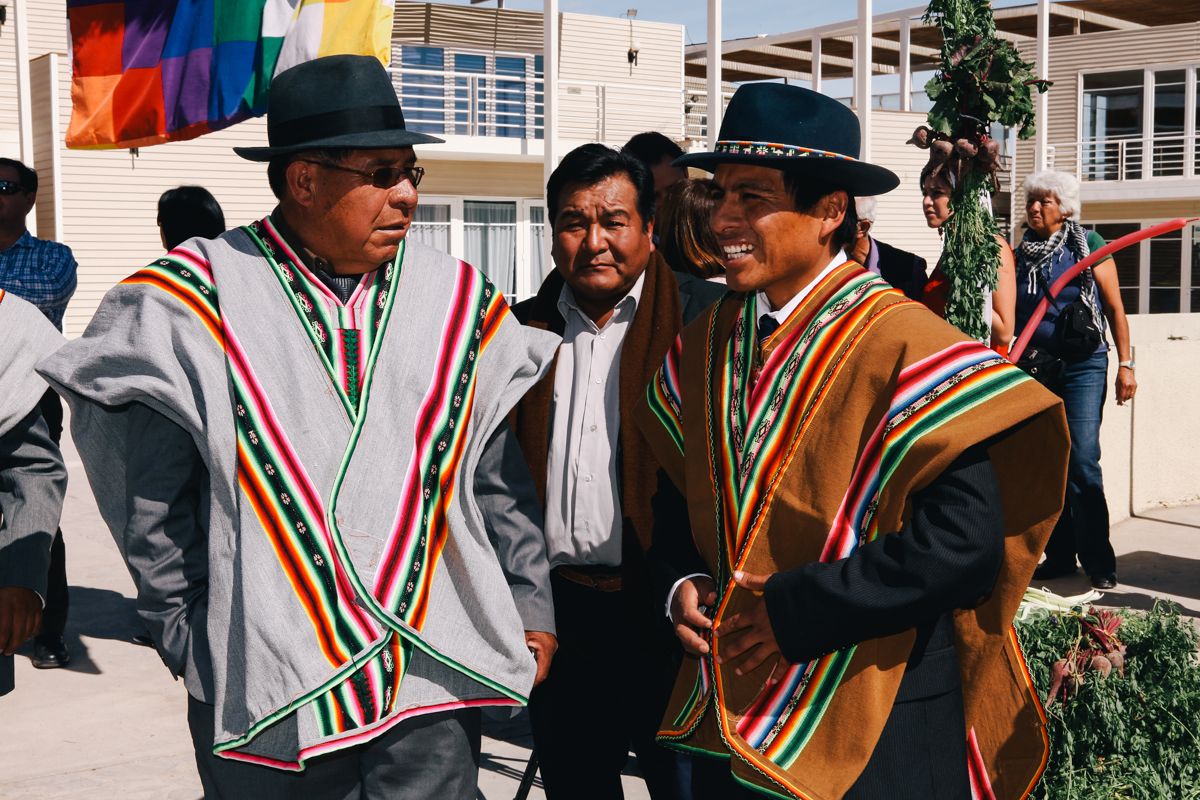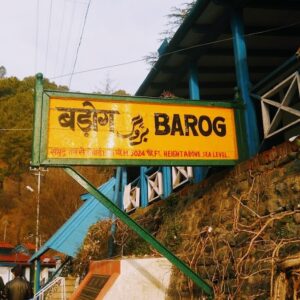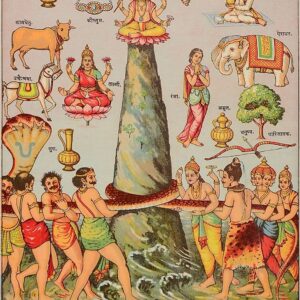Indigenous peoples in Chile or Native Chileans (Spanish: Chilenos Nativos) form about 13% of the total population of Chile. According to the 2017 census, almost 2,200,000 people declare having indigenous origins. Most Chileans are of partially indigenous descent; however, indigenous identification and its legal ramifications are typically reserved to those who self-identify with and are accepted within one or more indigenous groups.
This article is about indigenous peoples of Chile. For other indigenous peoples, see List of indigenous peoples.
The Mapuche, with their traditional lands in south-central Chile, account for approximately 80% of the total indigenous population. There are also small populations of Aymara, Quechua, Atacameño, Qulla (Kolla), Diaguita, Yahgan (Yámana), Rapa Nui and Kawésqar (Alacalufe) people in other parts of the country, as well as many other groups such as Caucahue, Chango, Picunche, Chono, Tehuelche, Cunco and Selk’nam (Ona).
History
Before the Spanish arrived in the mid 16th century, Chile was home to the southernmost portion of the Inca Empire. The Inca first expanded into Chile under Túpac Inca Yupanqui who ruled from 1471 to 1493. At its peak, the empire’s southern border was the Maule River in central Chile. Shortly thereafter, Spanish conquistadors led by Francisco Pizarro started to make contact with Inca in Peru in the 1530s. The combination of European diseases and internal conflicts over succession severely weakened the strength and size of the empire, which ultimately collapsed during Spanish conquest of the Inca Empire in 1532.
While the Inca Empire fell, the Mapuche people were never formally defeated by Spanish conquistadors. Instead, this indigenous population maintained a tense independence from Spain throughout the colonial period. There were several small skirmishes throughout the 1500s and in 1553 a Mapuche attack killed the regional Spanish governor. The conflict between the Mapuche and the Spanish culminated in the Arauco War which ultimately ended with official recognition for the Mapuche people and their territory. The Mapuche were one of the few indigenous groups in Latin America who were formally recognized as possessing territory by the Spanish. Because of this recognition, the Mapuche did not align with Chilean nationalists during the Chilean War of Independence. Instead they chose to side with the Spanish, because the imperial power’s legal recognition of the Mapuche tribe made them more of a known quantity than the Chilean rebels.
After the war, the newly-formed Chilean government forced the Mapuche onto reservations approximately 1/20th the size of the area they had previously occupied. Much of their former land was further divided up and sold, including to extractive industries such as forestry and hydropower.
The ancient flag of the Mapuche people.
Although indigenous Chileans were not allies of Chilean independence fighters, by the mid-19th century, Chilean school curriculum included depictions of indigenous warriors that claimed they were central to the development of the Chilean identity. Even so, those indigenous groups were still excluded from any participation in political life, making indigenous representation purely symbolic.














Reviews
There are no reviews yet